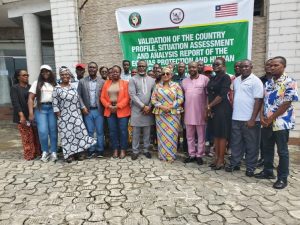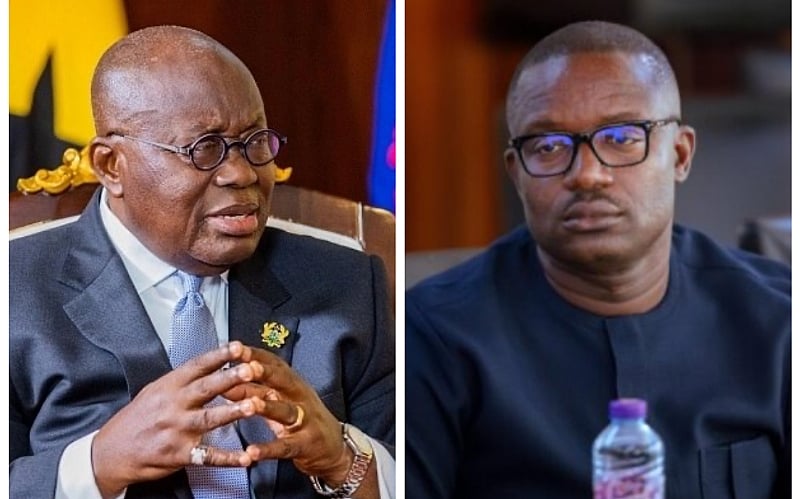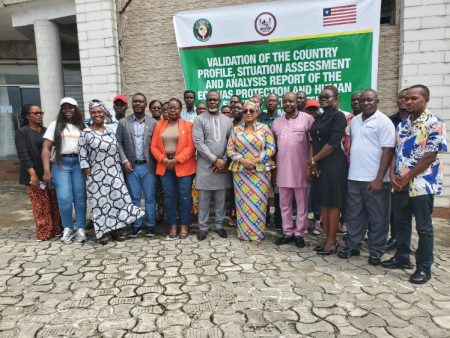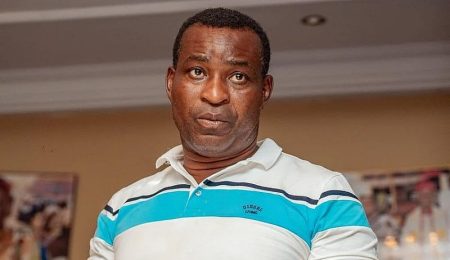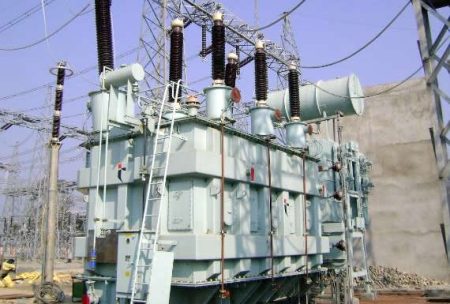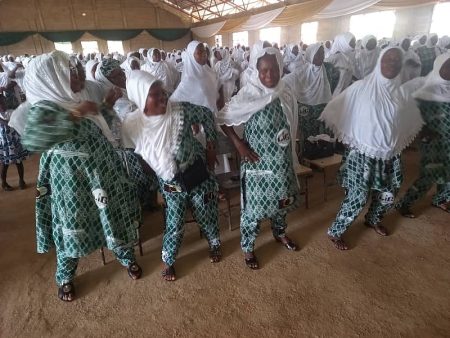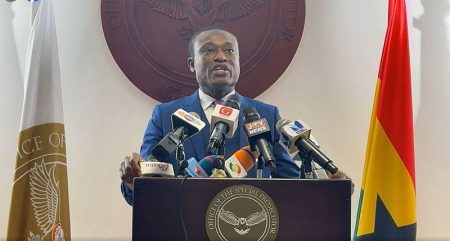The Gonjaland Youth Association’s handing-over and fundraising ceremony, held in Accra on Saturday, May 31, served as a platform for Minister for Energy and Green Transition, John Abdulai Jinapor, to share an anecdote about a recent encounter with President Nana Akufo-Addo. During their meeting, President Akufo-Addo reportedly acknowledged the formidable nature of Mr. Jinapor’s ministerial portfolio, describing it as one of the most challenging roles within the government. This acknowledgment underscores the complexity and weight of responsibilities associated with managing Ghana’s energy sector, a sector currently facing numerous obstacles. Mr. Jinapor confirmed the President’s sentiment, stating that he accepted the difficulty of the task while expressing confidence in his ability to navigate the challenges successfully. This exchange highlights the demanding nature of the energy sector and the recognition of these demands by even the highest office in the land.
Mr. Jinapor’s appointment to this critical ministry comes at a time when Ghana’s energy sector is grappling with significant challenges. Experts point to a confluence of factors contributing to the sector’s current predicament. These include legacy debts, operational inefficiencies within state-owned enterprises, and the need for substantial investments in infrastructure modernization and expansion. Furthermore, the global energy transition towards renewable sources adds another layer of complexity, requiring careful planning and execution to ensure a sustainable and secure energy future for Ghana. Mr. Jinapor’s task is therefore not simply to maintain the status quo but to steer the sector through these turbulent waters towards stability and long-term viability.
Navigating the complexities of Ghana’s energy sector requires more than just technical proficiency; it demands resilience, strategic thinking, and a clear vision for the future. Mr. Jinapor emphasized these qualities as crucial to successfully addressing the sector’s multifaceted challenges. The energy minister’s role involves balancing the often-conflicting priorities of ensuring affordable and reliable energy access for citizens, promoting sustainable energy practices, and attracting investments to drive sector growth and innovation. This balancing act necessitates a deft hand and a deep understanding of the intricate interplay between economic, social, and environmental factors that influence the energy landscape.
Beyond the technical aspects, the energy minister’s role also encompasses significant political and social dimensions. Building consensus among stakeholders, including government agencies, private sector players, and civil society organizations, is crucial for effective policy implementation. Furthermore, addressing the energy needs of a diverse and growing population requires sensitivity to the specific challenges faced by different segments of society. Mr. Jinapor’s appeal for unity and support from the Gonjaland community reflects the importance of collaborative efforts in tackling these complex issues and achieving sustainable development goals.
The Gonjaland Youth Association event, where Mr. Jinapor shared these insights, served as a platform for more than just a ministerial address. The occasion marked the induction of new national executives for the association and included a fundraising drive to support critical initiatives in the Savannah Region. The focus on addressing poverty, youth unemployment, and bridging educational gaps underscores the association’s commitment to driving positive change within their community. The event brought together a diverse array of participants, including youth leaders, traditional authorities, politicians, and development partners, demonstrating a shared commitment to the region’s progress and prosperity.
Mr. Jinapor’s presence and remarks at the event highlighted the intersection between national-level responsibilities and regional development priorities. He pledged to leverage his position within the Cabinet to advocate for the Savannah Region’s development, emphasizing the interconnectedness between a robust energy sector and broader economic progress. Access to reliable and affordable energy is a fundamental requirement for economic growth, job creation, and improved quality of life. By addressing the energy challenges facing Ghana, Mr. Jinapor aims to contribute to the overall development of the nation, including the Savannah Region, and create a more prosperous future for all Ghanaians.


